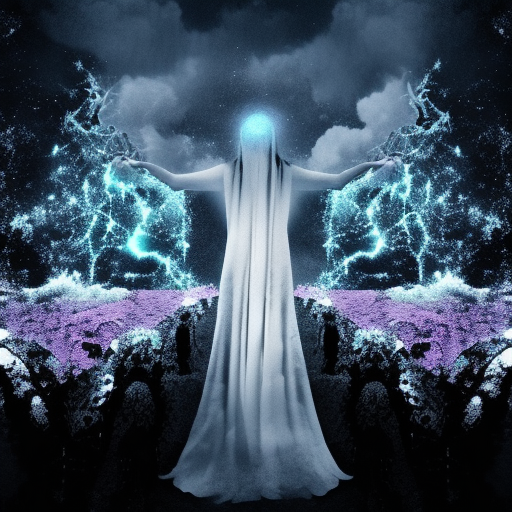The Year of Magical Thinking: A Heartbreaking Memoir of Grief and Loss
One-line summary: In “The Year of Magical Thinking,” Joan Didion recounts the year following her husband’s sudden death, exploring the complexities of grief, loss, and the human capacity for resilience.
Joan Didion’s “The Year of Magical Thinking” is a poignant memoir that delves into the author’s personal experience of grief and loss. The book chronicles the year following the sudden death of Didion’s husband, writer John Gregory Dunne, and the simultaneous illness of their daughter, Quintana Roo. Through her raw and introspective narrative, Didion explores the depths of sorrow, the complexities of mourning, and the ways in which the mind copes with loss.
The Unpredictability of Grief
Didion’s memoir highlights the unpredictable nature of grief and the myriad emotions that accompany it. She vividly describes the disorienting experience of losing a loved one, the constant yearning for their presence, and the overwhelming sense of emptiness that follows. Didion’s candid portrayal of her own grief resonates with readers, reminding them that grief is a deeply personal and unique journey.
The Power of Denial and Magical Thinking
Throughout the book, Didion explores the concept of magical thinking and its role in the grieving process. She reflects on her own tendency to engage in irrational thoughts and beliefs as a means of coping with her husband’s death. Didion’s exploration of denial and magical thinking serves as a reminder that grief can distort one’s perception of reality, offering temporary solace but ultimately hindering the healing process.
The Fragility of Life and the Human Capacity for Resilience
In “The Year of Magical Thinking,” Didion confronts the fragility of life and the inevitability of death. She contemplates the fleeting nature of existence and the profound impact that loss can have on one’s perspective. Despite the overwhelming grief she experiences, Didion also highlights the resilience of the human spirit. She navigates through her sorrow, finding solace in her writing and the memories of her husband, ultimately demonstrating the capacity for strength and growth in the face of tragedy.
Key takeaways from “The Year of Magical Thinking”:
- Grief is an unpredictable and deeply personal journey that varies from person to person.
- Magical thinking and denial can provide temporary comfort but may hinder the healing process in the long run.
- Loss and grief can fundamentally alter one’s perspective on life and the fragility of existence.
- Despite the immense pain of loss, the human spirit has the capacity for resilience and growth.
In the words of Joan Didion herself, “Grief turns out to be a place none of us know until we reach it. We anticipate (we know) that someone close to us could die, but we do not look beyond the few days or weeks that immediately follow such an imagined death. We misconstrue the nature of even those few days or weeks. We might expect if the death is sudden to feel shock. We do not expect this shock to be obliterative, dislocating to both body and mind. We might expect that we will be prostrate, inconsolable, crazy with loss. We do not expect to be literally crazy, cool customers who believe that their husband is about to return and need his shoes.” (Didion, 2005)
In “The Year of Magical Thinking,” Joan Didion offers a profound exploration of grief, loss, and the human capacity for resilience. Through her honest and introspective prose, she invites readers into the depths of her own mourning, providing solace and understanding to those who have experienced similar losses.












